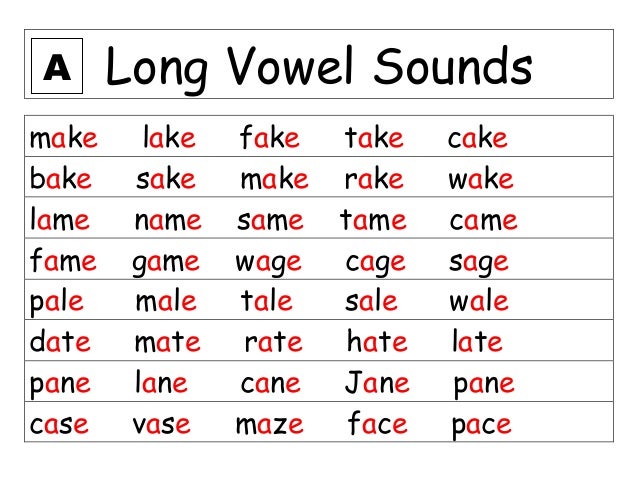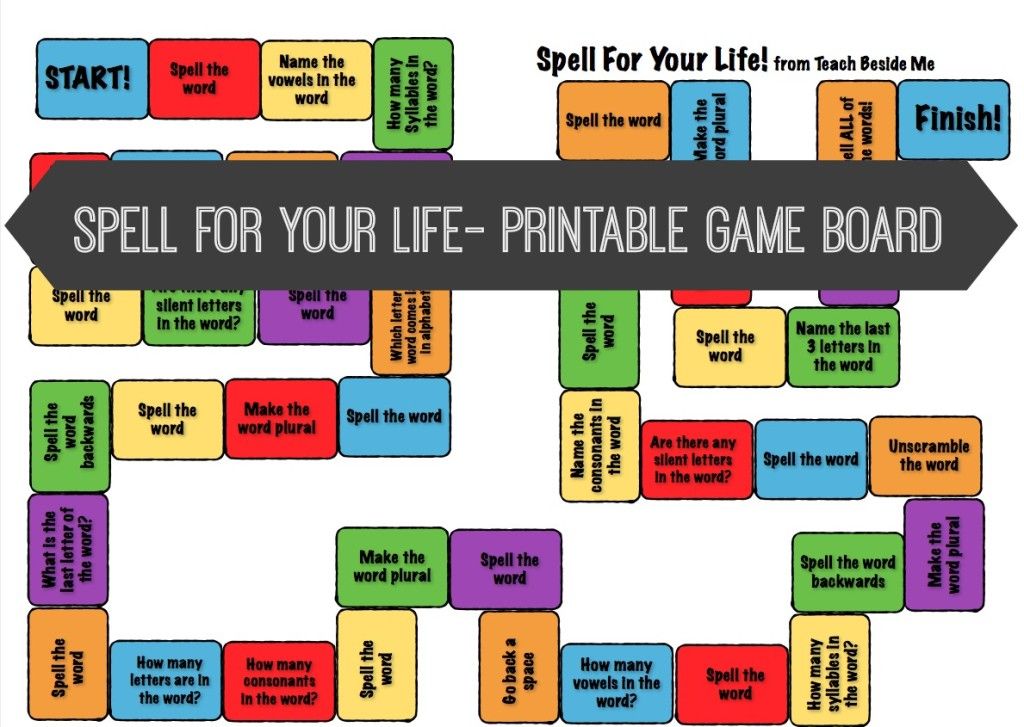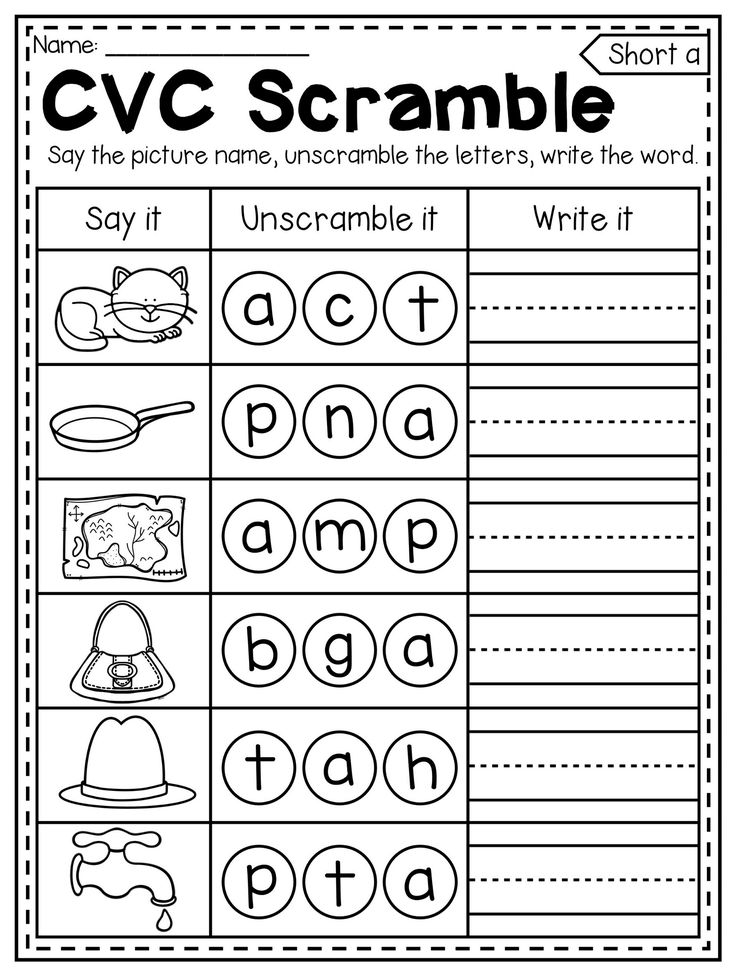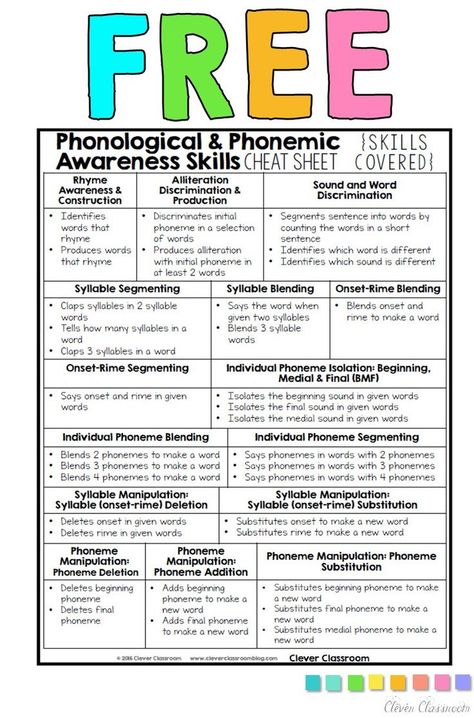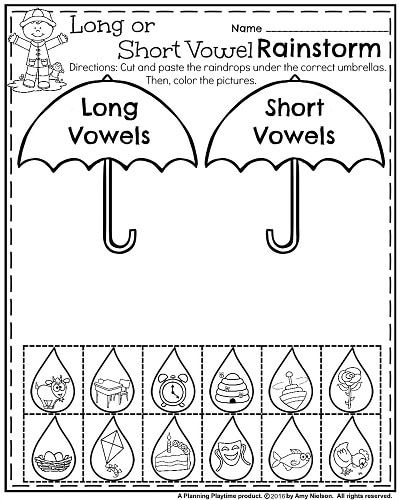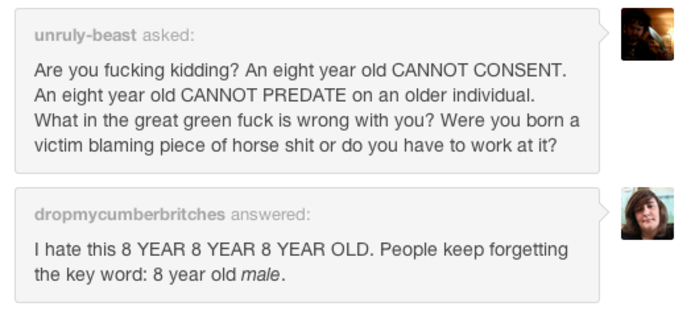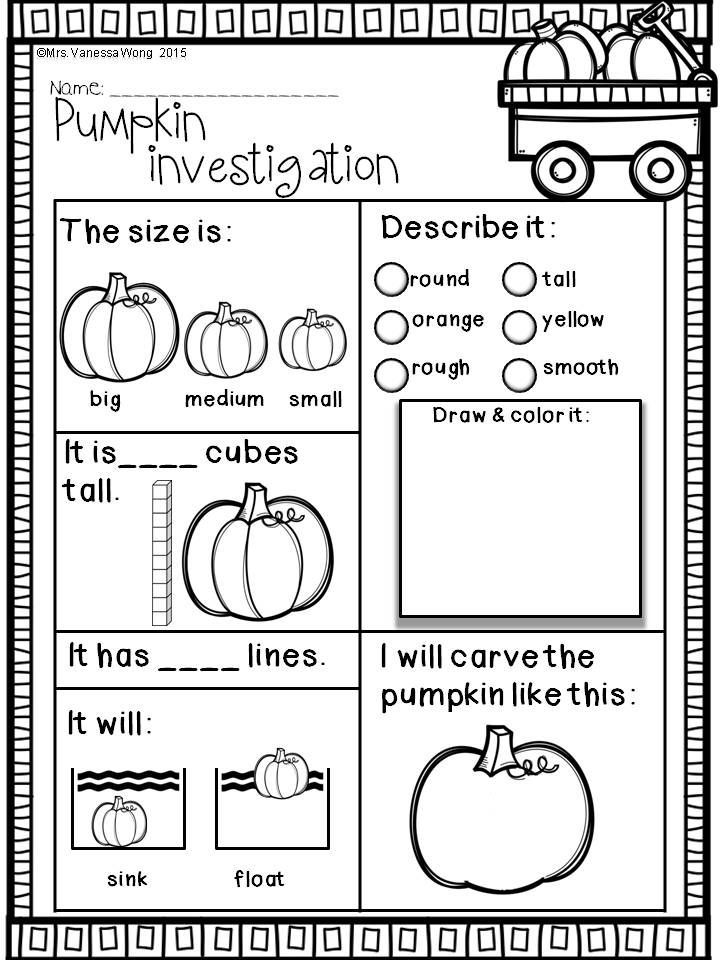Guided reading assessments
Next Step Guided Reading Assessment
Next Step Guided Reading Assessment
Data Management
Assess, Decide, Guide
Assess
Pinpoint your teaching focus, select texts, and plan and teach powerful lessons in four easy steps.
Decide
Use data to determine students’ reading levels, form instructional groups, and create effective action plans for student learning goals.
Guide
Access professional development tools, resources, and videos online to plan personalized instruction with lessons to match reading stages.
LOAD MORE
Get to know your readers in
four easy steps
1 . Reading Interest Survey (whole class)
Uncover students’ reading interests to match readers to just-right texts.
2. Word Knowledge Inventory (whole class)
Determine skills in phonological awareness and phonics to inform your word study instruction.
3. Comprehension Assessment (whole class)
Evaluate students' higher-level thinking skills and identify students who need immediate support. (For Grades K–2, this is administered as a read-aloud assessment.)
4. Reading Assessment Conference (one on one)
Obtain precise data on phonics, word recognition, fluency, and comprehension to determine instructional levels and identify skills and strategies to target during guided reading lessons.
Meet the Authors
Jan Richardson, Ph.D., is an educational consultant who has trained thousands of teachers and works with schools and districts to ensure that every student succeeds in reading. Her work is informed by her experience as a reading specialist, a Reading Recovery teacher leader, a staff developer, and a teacher of every grade from kindergarten through high school.
Maria Walther, Ed.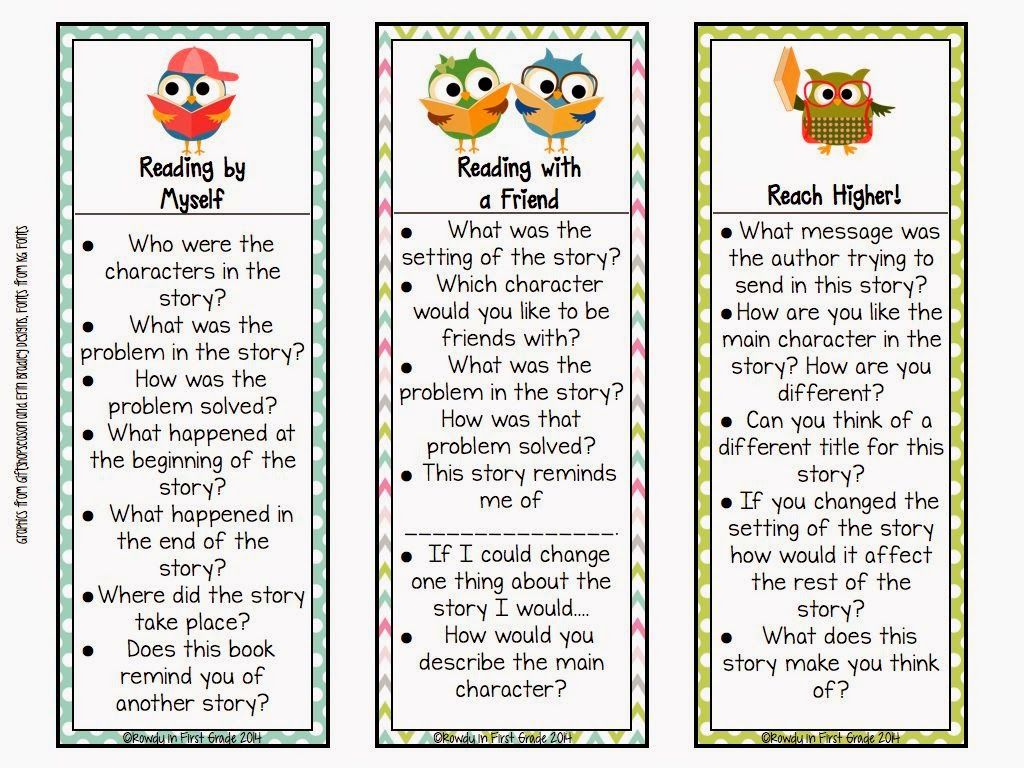 D., is an author and expert in literacy with more than three decades of experience as a first-grade teacher in the Chicago area. She was honored as Illinois Reading Educator of the Year and earned the ICARE for Reading Award for fostering a love of reading in children.
D., is an author and expert in literacy with more than three decades of experience as a first-grade teacher in the Chicago area. She was honored as Illinois Reading Educator of the Year and earned the ICARE for Reading Award for fostering a love of reading in children.
Testimonials
Targets Instruction Efficiently
An all-in-one product that simplifies and clarifies the complex process of assessing and teaching reading. Gives teachers a full picture of a reader so they can target instruction more efficiently and effectively.
Rosanne L. Kurstedt, Ph.D.
Educational Consultant and Staff Developer
Westfield, NJ
Simple Yet Effective
The Assess-Decide-Guide framework is simple yet effective, and will undoubtedly increase the effectiveness of core instruction.
Terry J. Dade
Assistant Superintendent
Fairfax County Public Schools, VA
Clear and Pragmatic
The results have been amazing.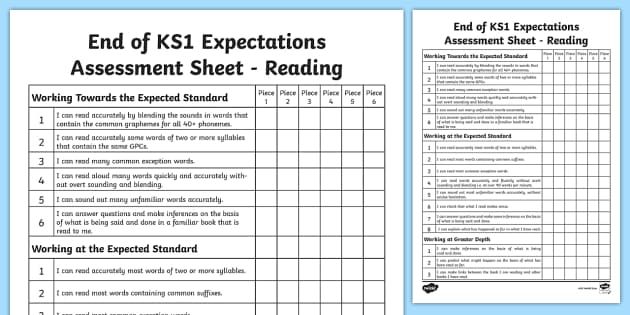 Guided reading instruction is no longer a puzzle. Teachers are thrilled with the clarity and pragmatic shifts in their practice.
Guided reading instruction is no longer a puzzle. Teachers are thrilled with the clarity and pragmatic shifts in their practice.
Ellen Lewis
Reading Specialist
Fairfax County Public Schools, VA
Valuable Teaching Points
Valuable teaching points can be derived from the simple checklists for decoding and retelling, as well as from the quality comprehension questions. The assessment texts are appropriately leveled and of high interest to kids, making this assessment a breeze to administer!
Melanie E. Smith
Reading Specialist, NBCT
South Salem Elementary School, Salem, VA
Guided Reading Assessments: 2 Simple Ways to Track How Students Are Doing
Guided reading time goes by SO quickly. If you’re like me, you want to make the most of that time – but also monitor how students are doing!
Guided reading assessments can be difficult to implement…but they don’t have to be!
In this blog post, I’ll share two simple ways to track how students are doing during guided reading.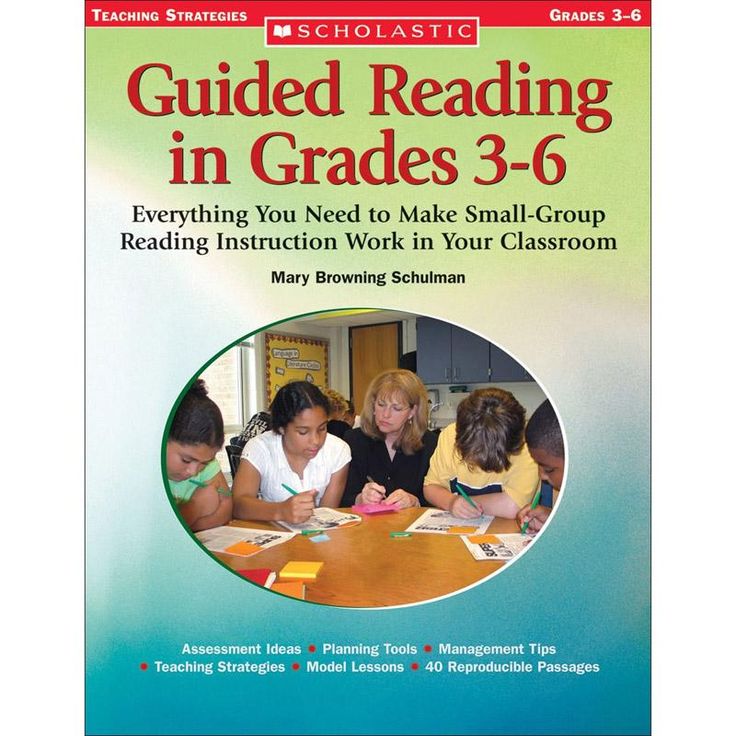
These assessments will give you plenty of useful data to guide your instruction!
Method #1: Running RecordsAt the beginning of each guided reading group, I take a running record of one student’s reading. (If you’re not sure how to take a running record, please read this post.)
Meanwhile, the other students quietly re-read familiar texts. This is awesome for fluency!!
I have one student sit next to me while the others are reading. I hand them the book that we read during the previous guided reading lesson.
I have the student read all of the book to me (for lower level books only) or some of the book (about 150 words).
I then ask the child to retell. I try and ask one inferential (higher level) comprehension question, too.
I record the child’s fluency on a scale from 1-3 (1 being disfluent, 3 being fluent).
And that’s it! This whole process only takes about 5 minutes.
I stick the running record form in my binder, and get started with the rest of the students.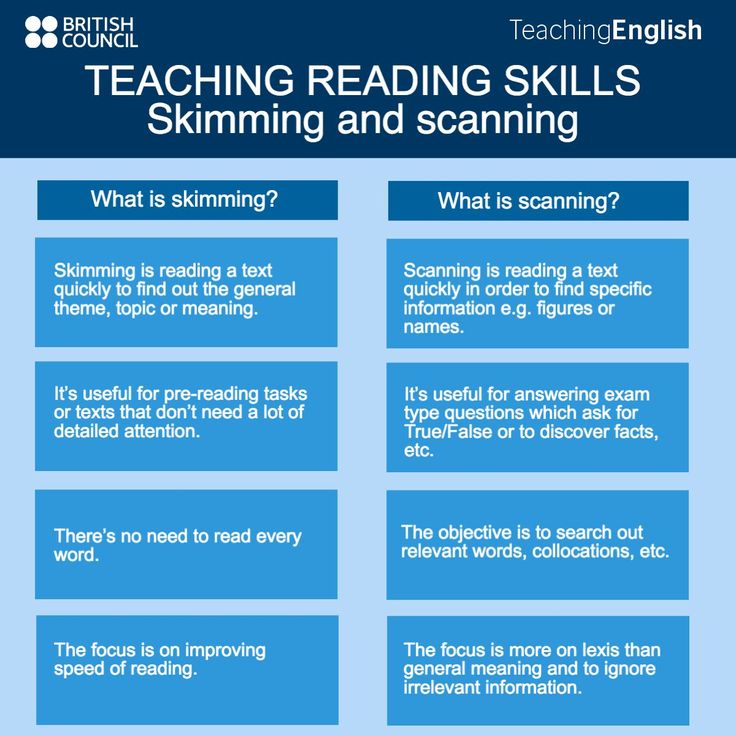
Later, on Thursdays, when I plan for the following week of guided reading, I review the running records.
If I haven’t had a chance to calculate accuracy and self-correction rates, I do it then.
I may not have a running record for every single student from that week, but I’ll have a couple of running records from each group. (I rotate through students, so I get a running record for each student about every 2-3 weeks.)
From my running records, I can make decisions about:
- What books to choose for upcoming lessons
- Phonics patterns that students need to work on
- Which strategies to focus on
- Whether or not any students need to change reading groups (read this blog post to help you figure out when to move students up a guided reading level)
In addition to taking that running record toward the beginning of my guided reading lesson, I like to take notes and make observations during the rest of the group time.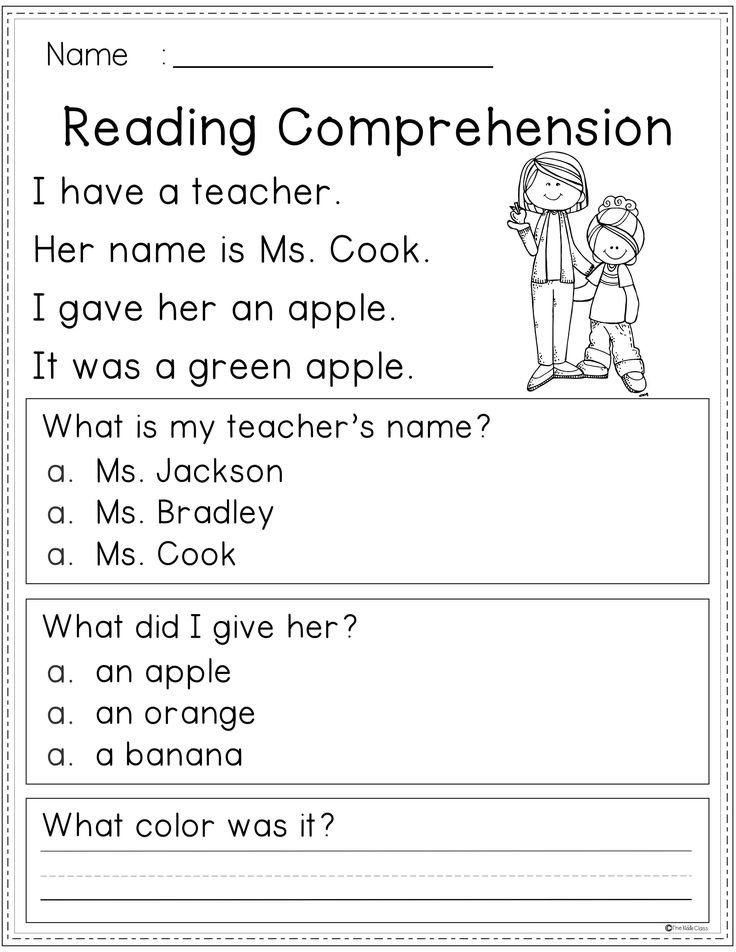
However…I’ve often found that REALLY HARD to do! Even with the best intentions, I don’t end up taking many notes. I’m busy supporting students in the group!
So I ended up creating my guided reading checklists.
These checklists list out skills that students are focusing on at each individual level. Rather than having to write out complete sentences, I simply make checkmarks or ratings
I usually work on 1-2 checklists per group each time we meet. In other words, I’m not trying to fill out a complete checklist for all 5 students! Sometimes I don’t even complete a full checklist for one student.
Just like the running records, these checklists can help you make instructional planning decisions and adjustments to your groups.
Download Assessment FormsIf you’d like to use the same guided reading checklists that I do, you can grab my Kindergarten, first grade, or second grade set here:
And if you’d like to download a free running record form (and other guided reading goodies), click HERE.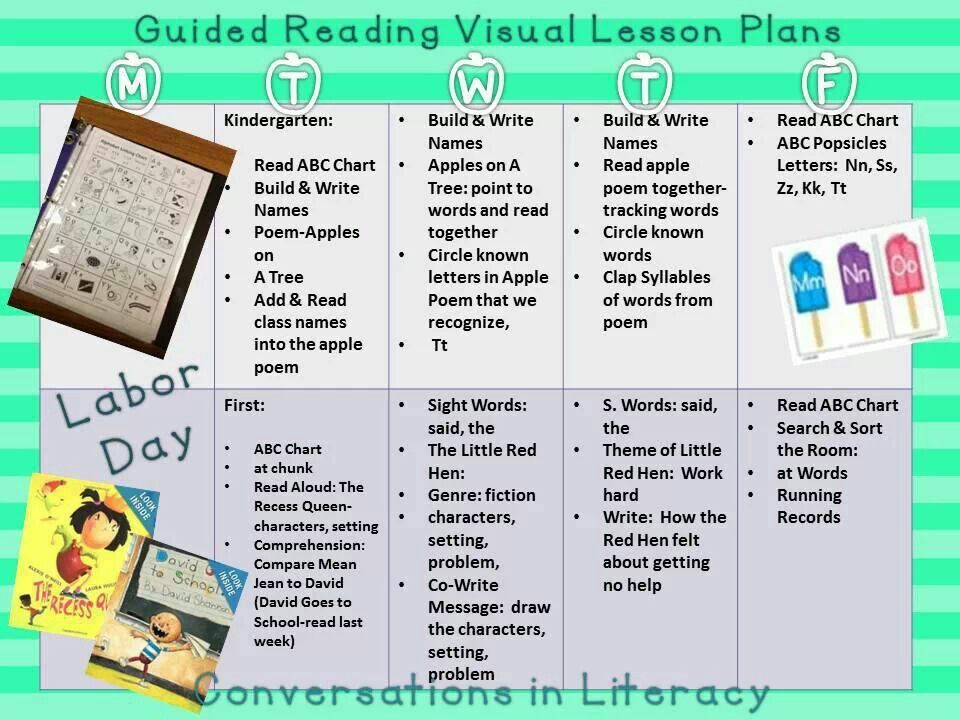
Happy teaching!
Messaging
Course Messaging is a private and secure text messaging between course participants.
Although they look like email messages, users must be logged into the course to read and send these messages. You don't have to worry about your email address being incorrect or out of date, as all messaging activity remains in the system.
Learn more about how students use messages
Learn more about how teachers use messages
Availability of the Course Messaging Tool
To learn how to make the Course Messaging Tool available to courses and organizations, see the Manage Tools help article.
Course Messages Options
You can customize how course messages are used at your institution.
In the Administration Panel window, under Tools and Utilities, select Course Messages. These settings apply to all Ultra courses and Traditional courses and organizations.
You can prevent students from replying to or creating messages in your courses.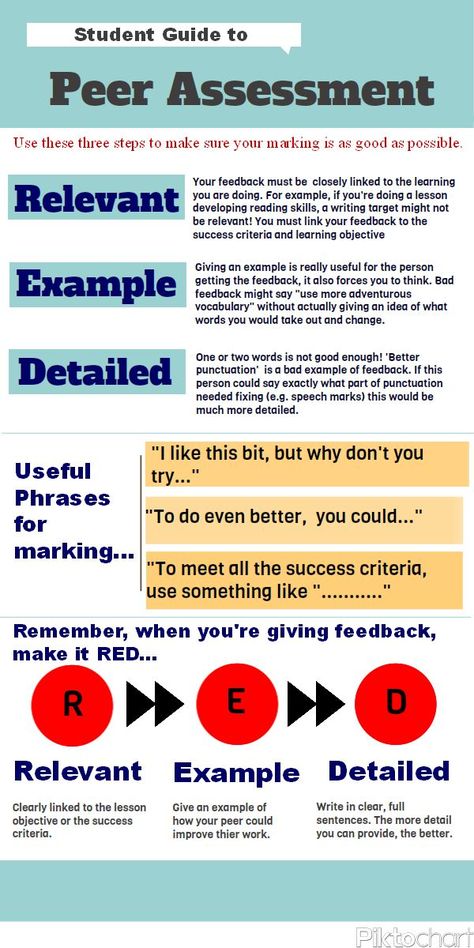 You can also allow users to add attachments to messages and create personal folders for storing messages.
You can also allow users to add attachments to messages and create personal folders for storing messages.
File attachments and personal folders
By default, users cannot add attachments to messages or create personal folders to store messages. Check the boxes to allow these options. You can disable these features to save disk space and prevent users from using course messages to store content.
Read-only course messages for students
Each institution has different communication and policy settings. Some institutions may need to restrict student interactions with others in their courses. Your institution may not allow students to reply to or create messages in their courses. Only the learner role has such limitations. Instructors can't turn this setting on or off in individual courses.
Check Course/Organization Messages are Read-Only for Students and Members. Students can only read messages sent by other roles, such as teachers and teaching assistants.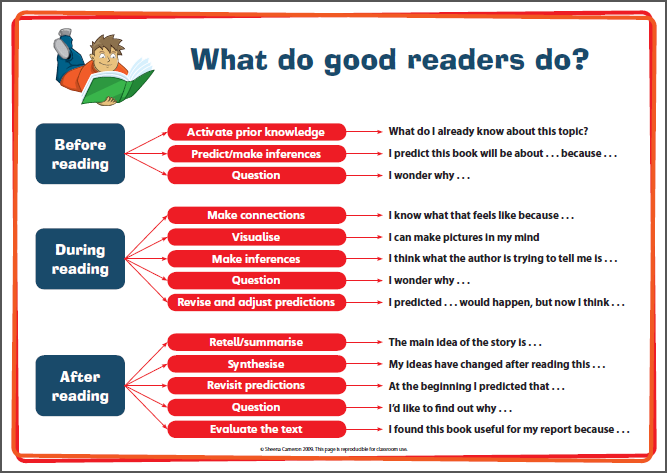
If this option is selected, students can also not forward messages.
Teacher workflow
If course messages are read-only for students, teachers see a notification when they create a message.
Student Workflow
When students view course messages in the Original View, the Compose Message, Reply, and Forward options are not available.
Message Store Migration
To make it easier to archive messages, you can migrate course and organization messages to the Learn database. Older messages are stored in flat files on a shared storage volume. Messages from new courses and organizations are always stored in the database.
- To begin migrating course messages, go to Admin Panel > Tools and Utilities > Course Messages.
- Next to Create a move request, click Select Courses and Organizations.
- Enter the course and organization IDs that contain the messages you want to migrate. Separate identifiers with commas.
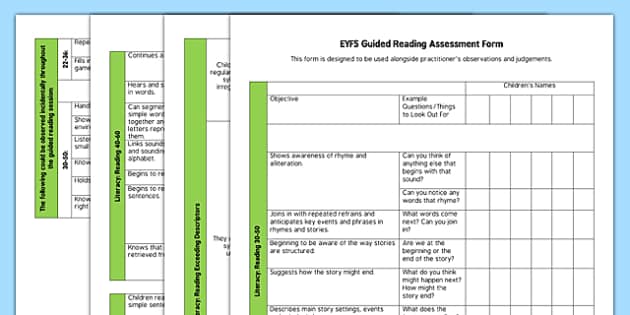
- Click the Save button. The system will start processing the request automatically. During migration, the system skips a course or organization if it does not exist, is disabled, or is already using a storage database.
Check the Learn system logs to verify that messages were migrated successfully.
Public Fund “Future of the Country”
Kyrgyz tilindegi basylmalar
Dear teachers!
The world is currently undergoing major changes regarding people with disabilities. Kyrgyzstan has also committed itself to creating equal conditions for improving the quality of life of people with developmental disabilities. In accordance with the UN Convention on the Rights of Persons with Disabilities, the state and society are obliged to create conditions for the development and education of children with disabilities and special educational needs. Education is the path to an independent and independent life for every child. We offer you information about models of understanding disability in the modern world.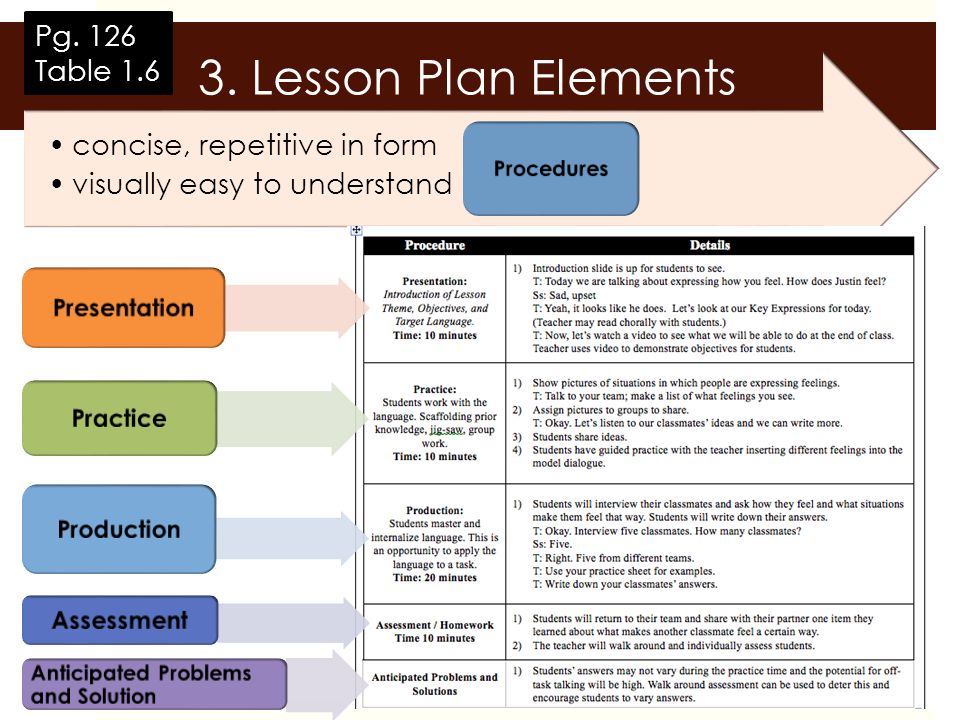 Knowledge of the importance of the first years in a child's life will allow timely creation of conditions for the development of children with disabilities or the risk of their occurrence. The International Classification of Functioning, Disabilities and Health (ICF, WHO) enables educators to see behind the diagnosis the personality of the child, his difficulties and opportunities for development.
Knowledge of the importance of the first years in a child's life will allow timely creation of conditions for the development of children with disabilities or the risk of their occurrence. The International Classification of Functioning, Disabilities and Health (ICF, WHO) enables educators to see behind the diagnosis the personality of the child, his difficulties and opportunities for development.
Feedback: Sazhira Dosuevna Tashmatova, teacher at Kirgshelk secondary school
The materials of the first IFF in Education training helped me take a fresh look at inclusive education. They made it clear that every child can learn. At the same time, it is necessary to create optimal educational conditions and find the strengths of the child.
Review: Asanova Dinara, teacher of school No. 4 named after Esengula Ibraev, Naryn
The project "Learning better together" is an interesting and necessary project at the present time, as it deals with ensuring the access of every child to education.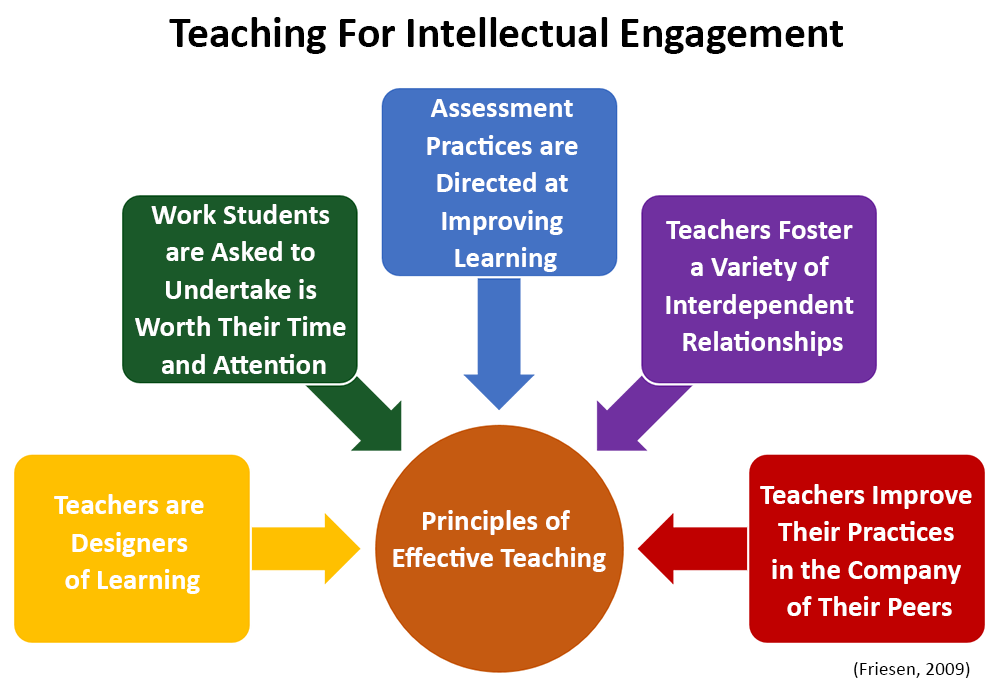 After all, no child should go unnoticed when it comes to learning! We express our deep gratitude to the organizers for the fact that through your project we will be able to change the lives of children with disabilities, help them feel needed at school and in society. We are glad to cooperate, thank you very much!
After all, no child should go unnoticed when it comes to learning! We express our deep gratitude to the organizers for the fact that through your project we will be able to change the lives of children with disabilities, help them feel needed at school and in society. We are glad to cooperate, thank you very much!
Dear parents!
The world is currently undergoing changes regarding people with disabilities. Kyrgyzstan has also committed itself to creating equal conditions for improving the quality of life of people with developmental disabilities. What is a disability? How are people with disabilities treated in today's world? How can parents themselves evaluate the child's developmental opportunities? How can parents properly help their child develop in everyday life and become independent? How to help other families raising a child with a disability? You will find answers to these and other questions in this brochure. The purpose of the brochure is to show parents the needs and possibilities of your child.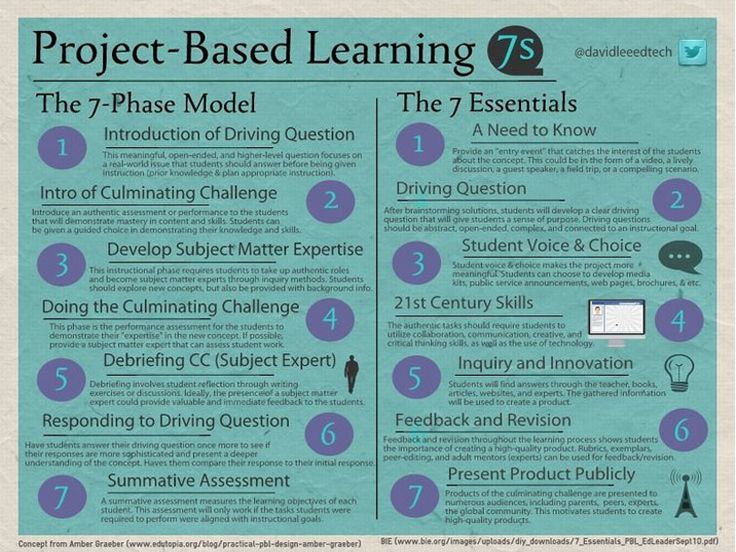 We are confident that you can help your child grow and develop. Family is the closest and most important people for every person. You are the first teachers for the child. We have tried to find the most necessary information about the important aspects of the life of children with special needs! Many of the tips in the brochure are given by the parents of children with special needs themselves. We hope that the information provided to you will be useful!
We are confident that you can help your child grow and develop. Family is the closest and most important people for every person. You are the first teachers for the child. We have tried to find the most necessary information about the important aspects of the life of children with special needs! Many of the tips in the brochure are given by the parents of children with special needs themselves. We hope that the information provided to you will be useful!
Review: Pavlovskaya Tatyana Nikolaevna, teacher of the Kirgshelk secondary school
Each benefit that we received in the process of learning at the trainings has its own value. This manual helped me to understand that inclusive education is about creating a learning environment that meets the learning needs of every child, regardless of their initial level of development in school. I can say with confidence that the information received at the training "IFF in Education" will help me to give knowledge to every child.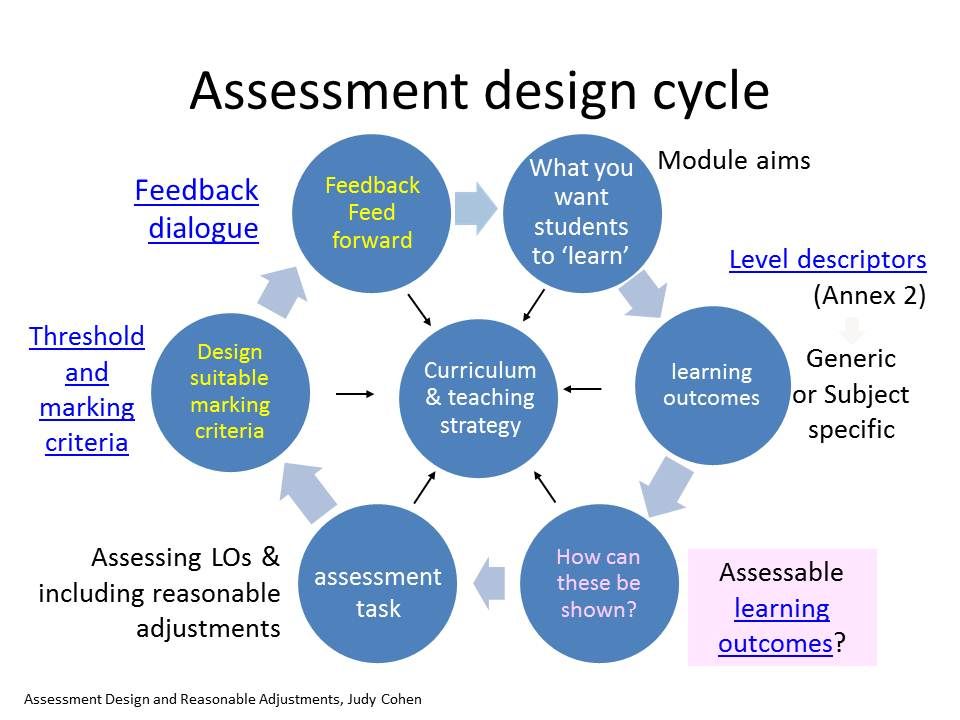 After all, every child should and can learn, gain knowledge. You just need to find his strengths and lean on them.
After all, every child should and can learn, gain knowledge. You just need to find his strengths and lean on them.
Dear teachers!
The world is currently undergoing major changes regarding people with disabilities. Kyrgyzstan has also committed itself to creating equal conditions for improving the quality of life of people with developmental disabilities. In accordance with the UN Convention on the Rights of Persons with Disabilities, the state and society are obliged to create conditions for the development and education of children with disabilities and special educational needs. Education is the path to an independent and independent life for every child. We offer you information about the International Classification of Functioning, Disabilities and Health (ICF, WHO), which enables educators to see behind the diagnosis the child's personality, his difficulties and opportunities for development. Inclusive education gives every child the chance to live with a family, attend a local school and learn according to their abilities.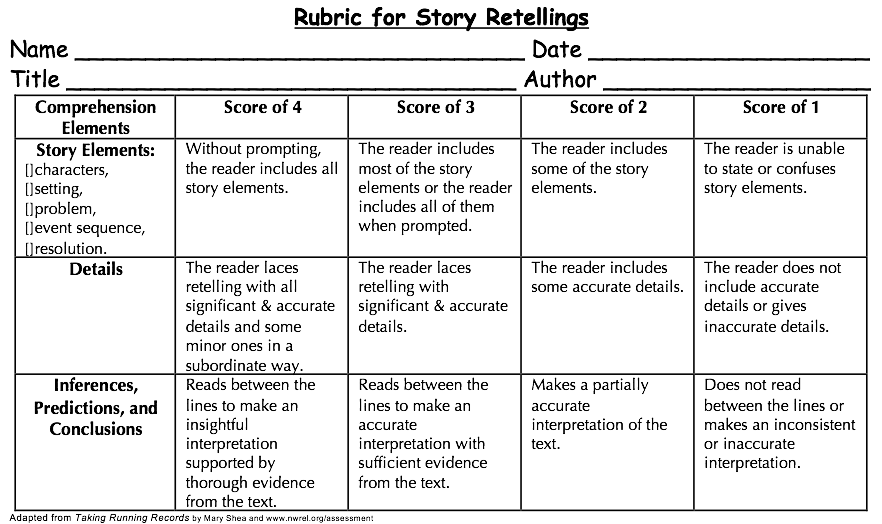
Review: Batyrbekova Nurzada, teacher of Kok-Oi secondary school
I am very glad that there is such a project "Learning better together". In this project, we gained a broader understanding of autism, Down Syndrome, received information about ways to overcome dyslexia, dysgraphia, etc. This project helps many children overcome their fear of learning and inspires self-confidence. I want to say that quality education contributes to the development of a child who, in adulthood, will be able to realize his potential and actively participate in the life of society. Each of us has a collective responsibility to protect and ensure the right of the child to education, regardless of their characteristics. I would like to wish the project a long, successful and fruitful work. Hello to all the employees of this project. Thank you for your concern.
Focused Individual Reading Skills Assessment
The Focused Individual Reading Skills Assessment manual was adapted by Rakhat Orozova, an expert of the Learning Better Together project, implemented by the Future of the Country Public Foundation with technical support from UNICEF and financial support from USAID.![]()
This manual contains material on the rights of the child to read, on the process of learning to read, as well as diagnostic tasks to identify difficulties in primary school students in the process of mastering the reading skill. The manual is intended for primary school teachers.
Review: Soronbaeva Nurgul Sadyrbekovna, teacher of Sosnovskaya Secondary School
The teacher who has applied and uses the full name tool facilitates his work in recognizing the difficulties students face in the process of learning to read.
Feedback: Sazhira Dosuevna Tashmatova, teacher of the Kirgshelk Secondary School
This manual was useful because it declares the child's right to read. The manual allows you to find out the difficulties of children in the process of mastering reading. Experts have prepared interesting materials to assess the strengths and difficulties in mastering reading.
Review: Pavlovskaya Tatyana Nikolaevna, teacher of the Kirgshelk secondary school
Focused individual assessment of reading skills - gives us a more accurate idea of what problem areas we need to pay attention to, what reading difficulties we need to work on, that is, what kind of help to help a child learn to read.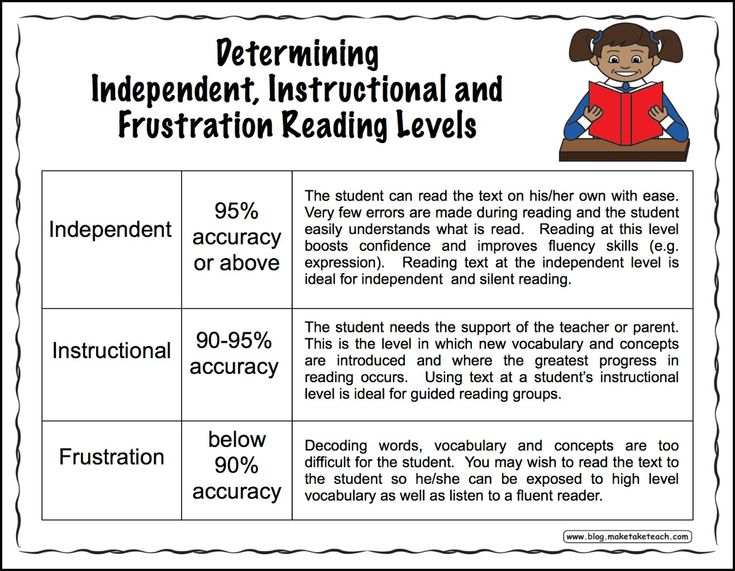 It is a good tool for the teacher's work. It aims to use in the educational process such teaching methods that help to overcome difficulties in teaching a child to read.
It is a good tool for the teacher's work. It aims to use in the educational process such teaching methods that help to overcome difficulties in teaching a child to read.
Teaching reading in an inclusive environment
The manual “Teaching reading in an inclusive environment” was adapted by Rakhat Orozova, an expert of the “Learning Better Together” project, implemented by the Public Foundation “Future of the Country” with the technical support of UNICEF and financial support from USAID.
This handbook is a continuation of the Focused Individual Reading Assessment diagnostic tool and contains materials on the basics of inclusive education, its values and principles. In addition, the manual includes an overview of approaches to teaching children with special educational needs to read in an inclusive environment, such as differentiated learning, a multimodal approach, as well as step-by-step strategies for learning to read and guided reading. The manual provides examples of modification and adaptation of the reading instruction program for students with special educational needs, a description of assistive technologies and adaptation of materials in teaching reading.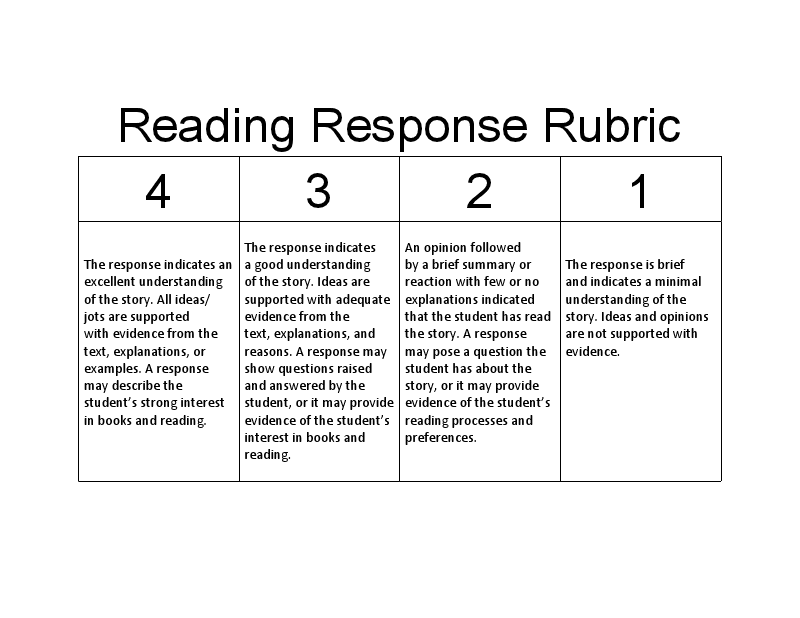
Feedback: Suranchieva Kishimzhan Karipbekovna, teacher at Sosnovskaya Secondary School
The tools we tested in this project helped us to correctly identify the child's weaknesses in learning to read. And, of course, we, having identified the areas where you need to help the child, work fruitfully with these children. I think that by working with these children correctly, we can motivate them to acquire knowledge. For example, I had 6 children who had reading difficulties. Using the tools of the project, I identified the weaknesses of these children and purposefully worked with them. Now 4 children out of 6 have joined those children who study well. Two students are engaged with a special teacher.
Feedback: Sazhira Dosuevna Tashmatova, teacher of the Kirgshelk Secondary School
This manual was important for me, as it helped me deepen my knowledge of multimodal and differentiated approaches in teaching children.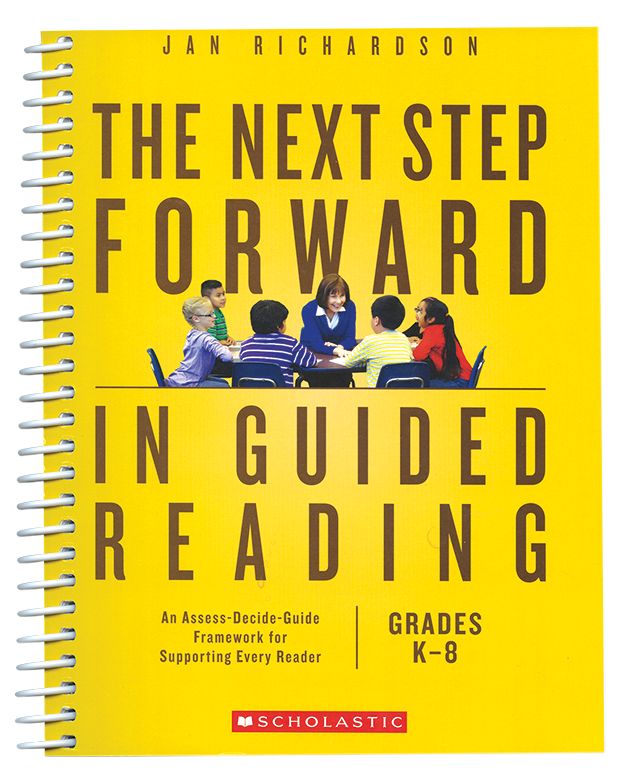 There are many interesting exercises in the manual that I use when working with students. Thank you, good health to you all!
There are many interesting exercises in the manual that I use when working with students. Thank you, good health to you all!
Review: Pavlovskaya Tatyana Nikolaevna, teacher of the Kirgshelk secondary school
A manual on teaching reading in an inclusive environment answers the question of what differentiated and multimodal approaches to learning are and how to organize work with students within the framework of these approaches. The success of teaching depends on the use by the teacher of individual forms and methods of work in the classroom with each student, regardless of his abilities. The manual materials are used in the learning process, and not only for children with SOP. Thanks to everyone who organized this project!
Album of express diagnostics of psycho-speech development
Album of express diagnostics of the level of development of students in grades 1-4 is an abbreviated version of psychological and pedagogical diagnostics, and is intended for a quick and superficial (preliminary) assessment of the current level of development of a student in the following areas:
- Cognitive (state of mental functions) development - perception, memory, thinking, attention
- Speech development - sound pronunciation, phonemic perception, analysis and synthesis skills, vocabulary, coherent speech.
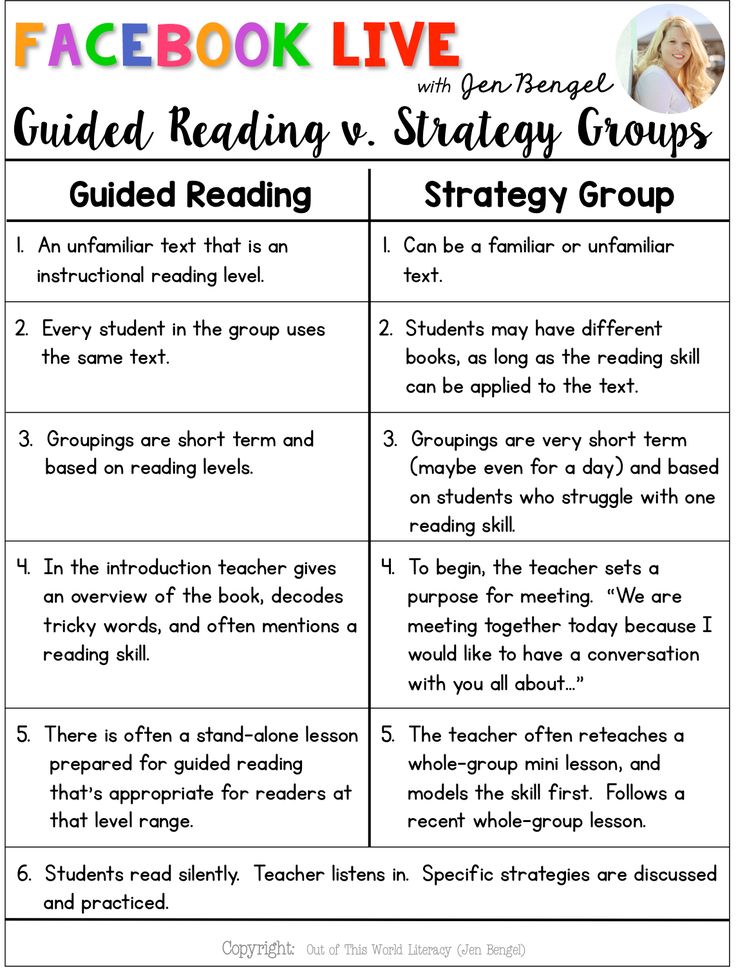
- Motor development - gross and fine motor skills
- Mathematical knowledge
To assess the level of performance of each task, "Protocols for assessing the level of psychophysical and speech development" are offered, where the results are recorded depending on the degree of independence and correctness of the task.
Review: Sazhira Dosuevna Tashmatova, teacher of the Kirgshelk secondary school
This album helped me see how the cognitive sphere of my students is developed, and how I should organize the educational process, taking into account the age and learning characteristics of the child. It can be used not only for diagnosis, but also for the development of attention and memory of children. Very good, methodically high-quality album.
Feedback: Seitova Burul Zhenishbekovna ssh. #4 im. E.Ibrayeva
The project was interesting and useful. It has become easier for each teacher to diagnose the psycho-speech development of students and teach them to read.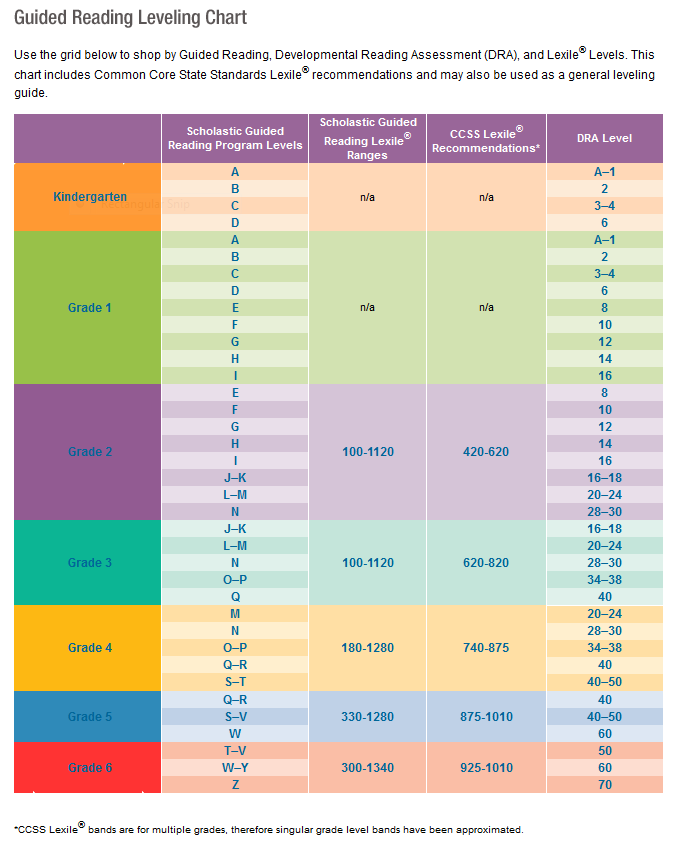 The project gave us the necessary, high-quality visual aids that we use in practice.
The project gave us the necessary, high-quality visual aids that we use in practice.
Album of express diagnostics of psycho-speech development
Album of express diagnostics of the level of development of students in grades 1-4 is an abbreviated version of psychological and pedagogical diagnostics, and is intended for a quick and superficial (preliminary) assessment of the current level of development of a student in the following areas:
- Cognitive (state of mental functions) development - perception, memory, thinking, attention
- Speech development - sound pronunciation, phonemic perception, analysis and synthesis skills, vocabulary, coherent speech.
- Motor development - gross and fine motor skills
- Mathematical knowledge
To assess the level of performance of each task, "Protocols for assessing the level of psychophysical and speech development" are offered, where the results are recorded depending on the degree of independence and correctness of the task.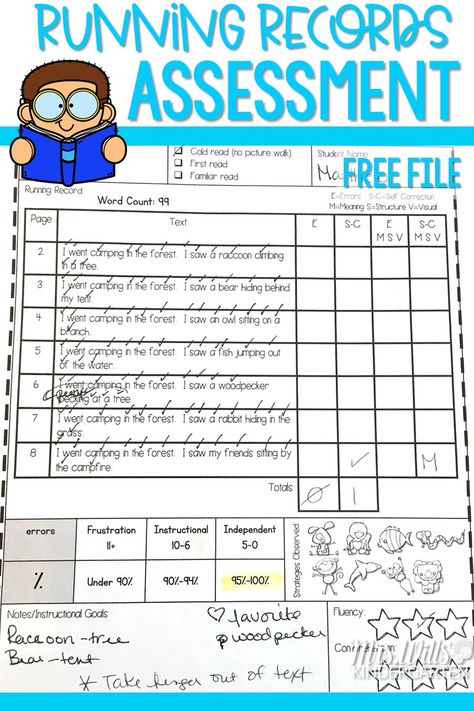
Review: Pavlovskaya Tatyana Nikolaevna, teacher of the Kirgshelk secondary school
The album of express diagnostics of psycho-speech development tells us what the child needs, what kind of support he needs to be provided. In practice, it is easy to apply. It allows you to determine the individual characteristics of the development of the cognitive sphere of students.
Album of express diagnostics of psycho-speech development
Album of express diagnostics of the level of development of students in grades 1-4 is an abbreviated version of psychological and pedagogical diagnostics, and is intended for a quick and superficial (preliminary) assessment of the current level of development of a student in the following areas:
- Cognitive (state of mental functions) development - perception, memory, thinking, attention
- Speech development - sound pronunciation, phonemic perception, analysis and synthesis skills, vocabulary, coherent speech.
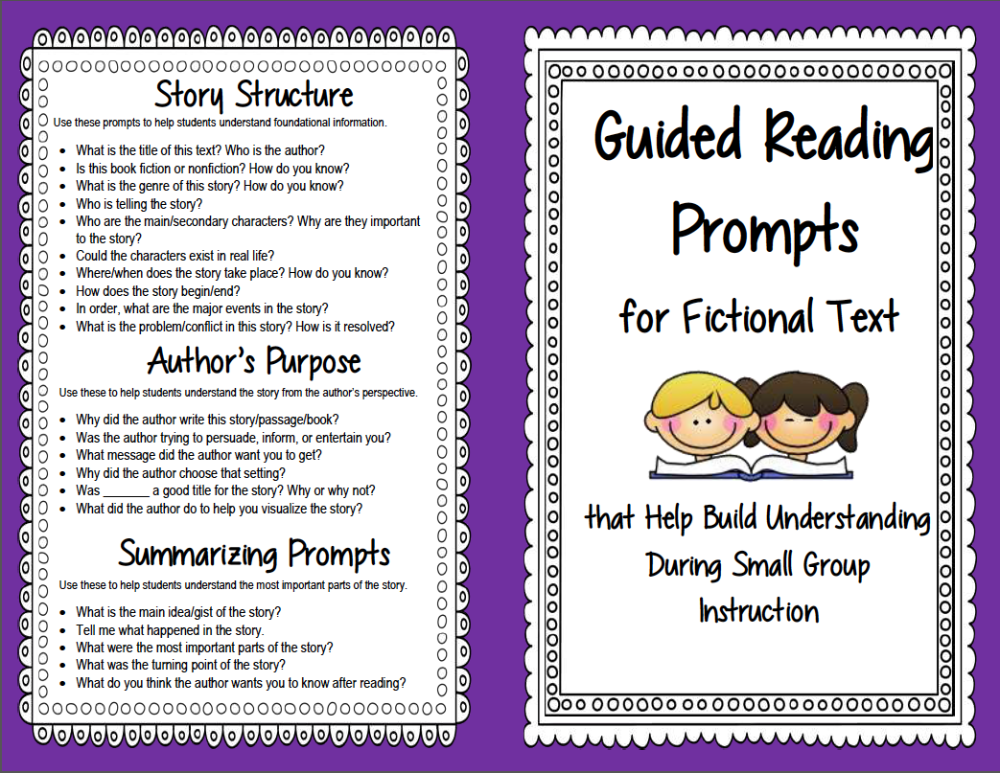
- Motor development - gross and fine motor skills
- Mathematical knowledge
To assess the level of performance of each task, "Protocols for assessing the level of psychophysical and speech development" are offered, where the results are recorded depending on the degree of independence and correctness of the task.
Review: Nurlanova Kyzylkul secondary school №4 named after Esengul Ibraev Naryn
This album provides a lot of interesting information, helps to objectively identify the level of development of the child and helps to give him the necessary knowledge. I want to thank you. Thanks a lot! Good luck and more such projects.
Album of express diagnostics of psycho-speech development
Album of express diagnostics of the level of development of students in grades 1-4 is an abbreviated version of psychological and pedagogical diagnostics, and is intended for a quick and superficial (preliminary) assessment of the current level of development of a student in the following areas:
- Cognitive (state of mental functions) development - perception, memory, thinking, attention
- Speech development - sound pronunciation, phonemic perception, analysis and synthesis skills, vocabulary, coherent speech.
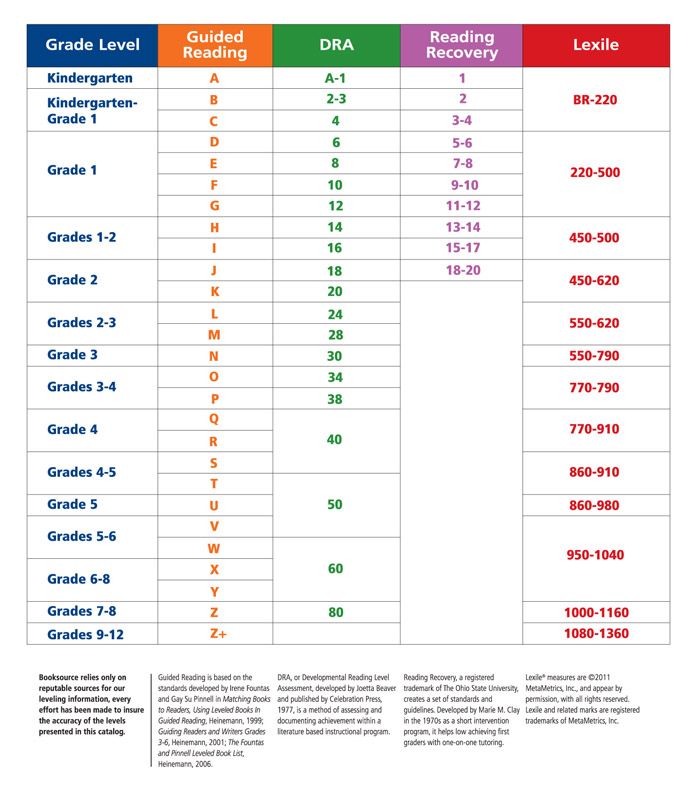
Learn more




